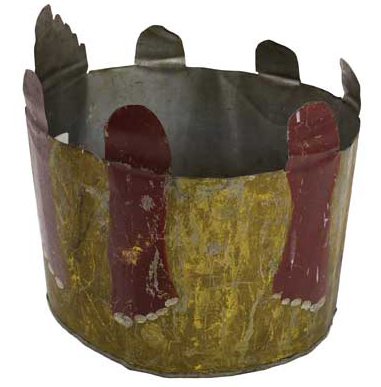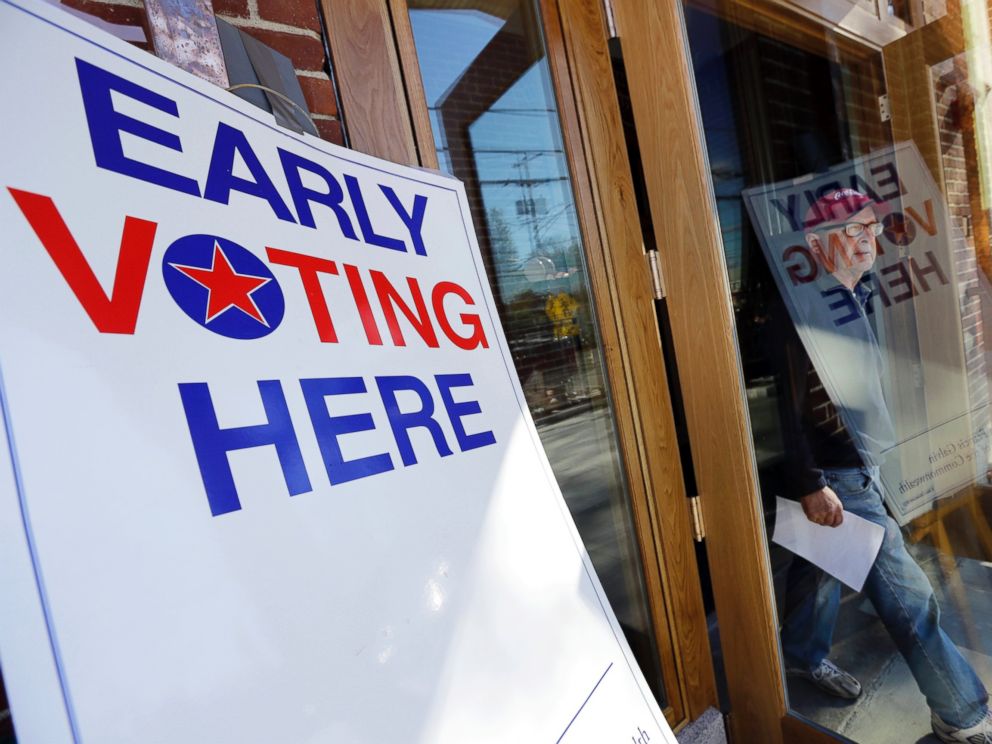Jedediah Purdy: North Carolina’s Partisan Crisis. Great article in the New Yorker running down the “torch the place on the way out” law passed at the behest of outgoing Republican governor Pat McCrory to restrict the powers of the incoming Democratic governor, Roy Cooper.
Purdy makes the argument that the real crisis is not the restriction of powers, but the steady erosion of the Republican Party’s moral authority in North Carolina. To which I say, Gee, ya think? The gerrymandering that led to the creation of 28 illegal House and Senate districts to disenfranchise minority voters; the 2013 voting law that attempted to restrict black franchise by reducing early voting hours, eliminating same-day registration, and raising barriers to ballot access; the 2012 state constitutional amendment banning same-sex marriage, later ruled unconstitutional; the March 2016 “bathroom law” that placed trans people in real jeopardy by seeking to induce moral panic; the repeal of the Racial Justice Act; the refusal of Medicaid expansion.
There is no vision of serving the needs of the people in this legislative agenda. This is naked will to power, mean-spirited suppression of minority interests, and complete indifference to the protection of underprivileged minority groups. I look forward to seeing what Cooper can do to restore some sanity to the state’s government, but he faces a Republican legislature that surely will run the Mitch McConnell playbook in refusing to govern.
(This is the problem, by the way, with the “practical guide” put forth by the Indivisible folks. If each side engages in total trench warfare without putting forth an adult policy alternative, we’ll be trapped rudderless in windless seas as the disasters of the 21st century bear down on us. We need to be able to govern this nation.)
Here’s hoping, though, that there are a few grownups left in the Tar Hell State.



